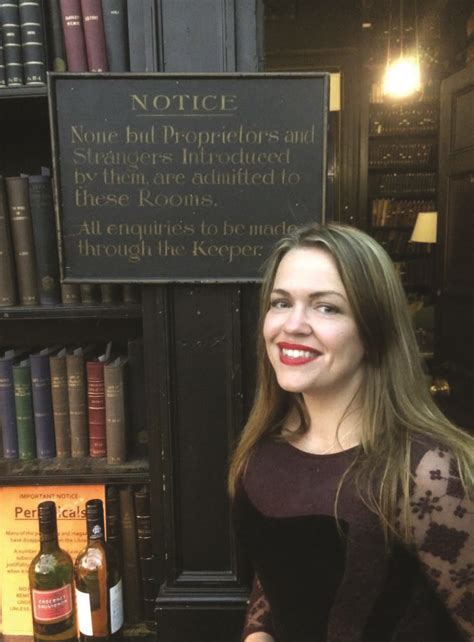A Quote by B. H. Liddell Hart
The profoundest truth of war is that the issue of battle is usually decided in the minds of the opposing commanders, not in the bodies of their men.
Related Quotes
Teaching is a sacred art. This is why the noblest druid is not the one who conjures fires and smoke but the one who brings the news and passes on the histories. The teacher, the bard, the singer of tales is a freer of men's minds and bodies, especially when he roams without allegiance to one chieftain or another. But he is also a danger to the masters if he insists upon telling the truth. The truth will inevitably cause tremors in those who cling to power without honoring justice.
Where are they now that we, the men whom they sent off to war, have returned? These are commanders who have deserted their troops, and there is no more serious crime in the law of war. The Army says they never leave their wounded. The Marines say they never leave even their dead. These men have left all the casualties and retreated behind a pious shield of public rectitude. They have left the real stuff of their reputation bleaching behind them in the sun in this country.
A time comes when silence is betrayal. Even when pressed by the demands of inner truth, men do not easily assume the task of opposing their government's policy, especially in time of war. Nor does the human spirit move without great difficulty against all the apathy of conformist thought, within one's own bosom and in the surrounding world.
The issue of comparative performances can be regarded as settled to-day, both scientifically and practically. Though differences in attitudes between men and women still form a favorite topic of drawing-room conversation ... women's abilities are no longer seriously in doubt. These discussions rather seem to be a kind of rearguard action carried on after the main battle has been decided.
I would that my photographs might be, not the coverage of a news event, but an indictment of war - the brutal corrupting viciousness of its doing to the minds and bodies of men; and, that my photographs might be a powerful emotional catalyst to the reasoning which would help this vile and criminal stupidity from beginning again.







































